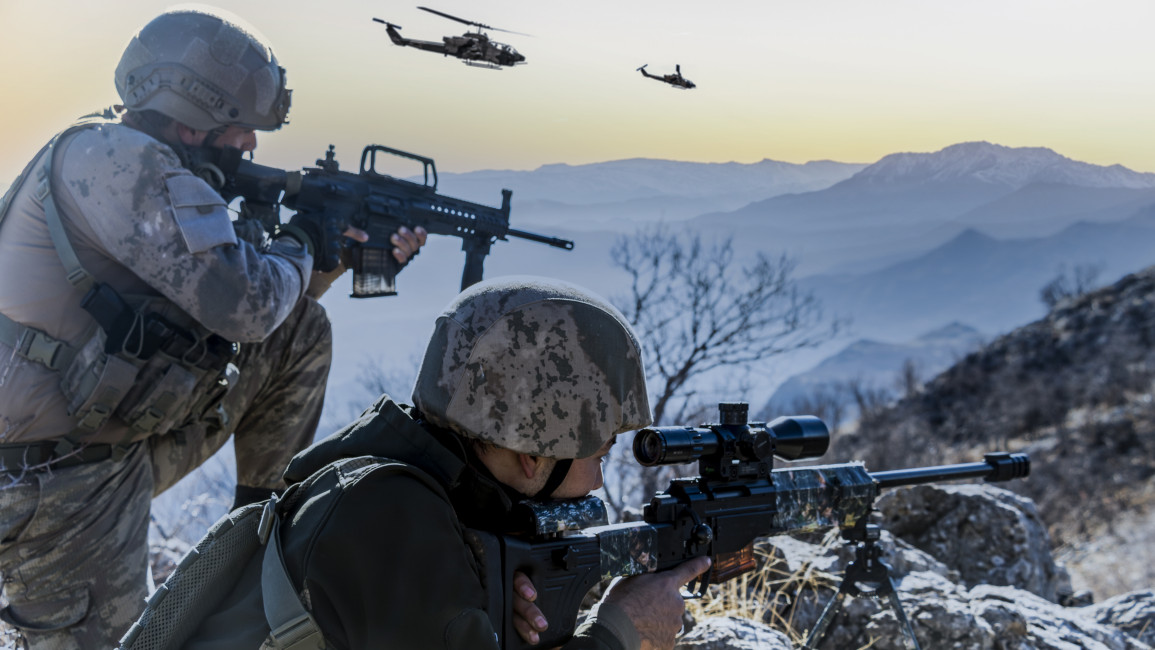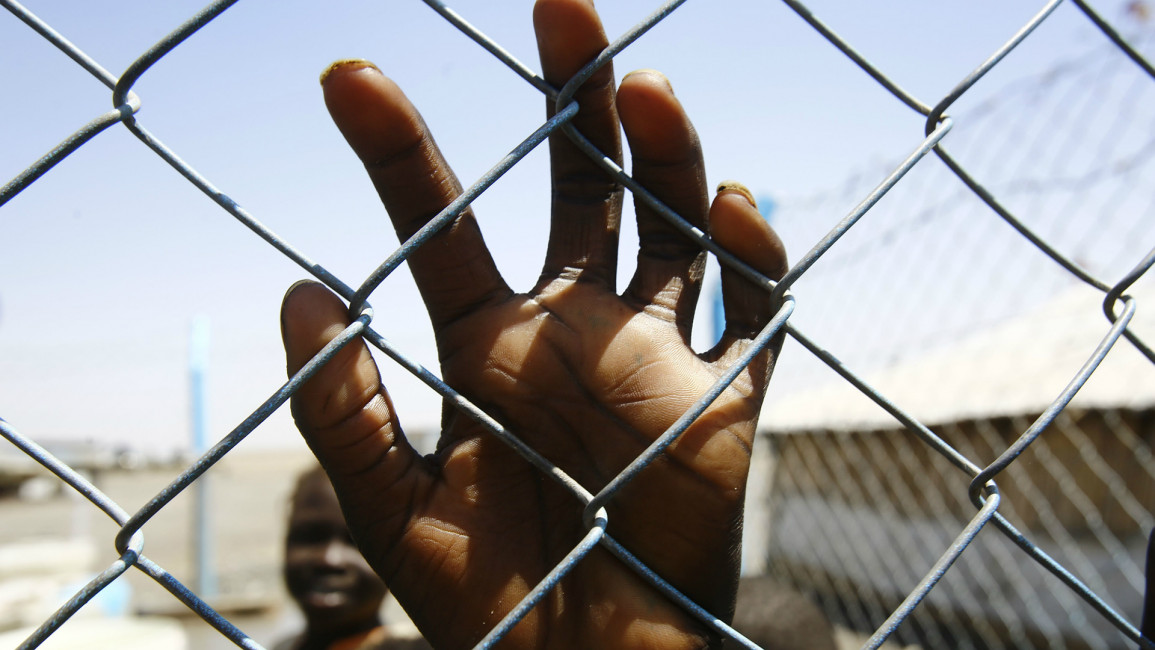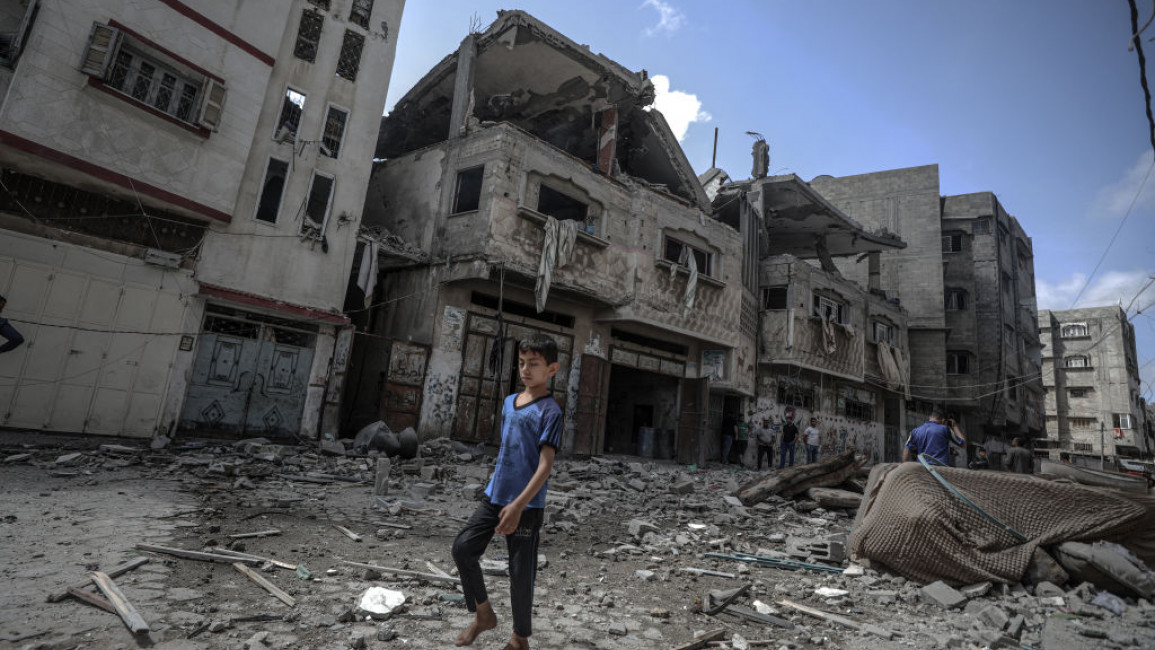
Members of Generation Z, born between 1996 and 2012, are “united by terror,” a new book claims. But they fail to realize just how fortunate they are. Getty Images
It’s the prerogative of every generation to think they’re living in uniquely unfortunate times.
But members of Gen Z really think they got a raw deal.
That’s the premise of “Fight: How Gen Z is Channeling Their Fear and Passion to Save America” (St. Martin’s Press), out now.
Born between roughly 1996 and 2012, the oldest members of Gen Z are now 26. They’ve already lived through “the opioid epidemic… the militarization of police and national borders, an explosion of white nationalism, frightening red-alert active-shooter drills and school lockdowns, increasingly frequent and deadly mass shootings, the accelerating and genuine threat of climate change, and a global pandemic,” writes “Fight” author John Della Volpe, director of polling at the Harvard Kennedy School Institute of Politics.

When asked to describe America, Gen Z uses terms like “dystopic,” “broken” and “a bloody mess.”
Getty Images/Westend61
And while other generations might have had their downsides, they also had moments of American triumph, Della Volpe claims. Boomers had Woodstock and the civil rights movement. Gen X witnessed the fall of the Berlin Wall. Millennials came of age during the election of our first-ever black president, Barack Obama.
But Gen Z?
“Except for maybe Netflix, reruns of ‘The Office,’ Amanda Gorman, Halsey, Simone Biles, and Lil Nas X, Gen Z hasn’t caught much of a break,” Della Volpe writes.
One of the shortcomings of “Fight” is that Della Volpe seems to take the word of teenagers as an absolute truth.

The author of “Fight” claims that past generations have had moments of American triumph, such as the boomers with Woodstock — but Gen Z has nothing to be proud of.
Getty Images
It’s certainly fair to say that nobody is going to be nostalgic for 2020, a year defined by sickness and isolation. But Della Volpe claims that, as a result of the difficult times they grew up with, Gen Z is “united by terror.” When asked to describe America they use terms like “dystopic,” “broken” and “a bloody mess.” By contrast, millennials in the mid-2010s used words like “diverse,” “free” and “land of abundance” to describe the USA.
Only a decade later, when Della Volpe asked Zoomers about the moments that made them proud to be American, they were largely at a loss. “I get blank stares, or examples of random sporting events like the USA soccer team finally beating Ghana in a 2017 friendly match,” he writes.

One of the shortcomings of “Fight” is that the author takes the word of teenagers as absolute truth. Gen Z has actually witnessed multiple triumphs, such as NASA landing a probe on Mars.
NASA/UPI/Shutterstock
To this, I say — perhaps Gen Z isn’t paying attention? After all, in addition to reruns of “The Office” (which are terrific), they’ve seen America elect its first-ever female vice president, the Perseverance Rover land on Mars, and the US army develop a vaccine that is supposed to treat all strains of SARS and COVID.
America is in a different and more promising place than it was even two years ago.
Meanwhile, Gen Z’s addiction to social media has been well reported, with many researchers linking the problem to a decline in mental health. Nearly half of Zoomers suffer from depression requiring clinical treatment, according to Della Volpe. When the National Center for Health Statistics compared the suicide rate of people aged 10-24 from 2007-2009 with the period from 2016-2018, they found it had increased by 47 percent, he writes. That percentage has risen in every single state.

Zoomers are more politically active than past generations. Those with the highest anxiety are also most likely to vote.
AP
In spite of this pervasive sense of despair, Generation Z has become intensely politically involved, Della Volpe notes. He writes that Zoomers with the highest anxiety are also most likely to vote. A lot of them clearly have a great deal of anxiety — in 2018, twice the number of adults under 30 voted in the midterm election than had in 2015 (33 percent compared to 16 percent), according to the book.

Generation Z has become intensely politically involved.
The future they want is a progressive one where there is “automatic voter registration at 18… high speed rail…an expensive healthcare system… a federal job corps that blends universal basic income and essential-services work for millions of displaced and previously undervalued workers,” Della Volpe writes.
It’s a utopian picture. But some older generations might point out that it’s sometimes hard to build the perfect world you envision at 18.
And, even if Gen Z manages it, they’ll need to develop a better understanding of history first. Or else, how will they know whether they’ve made any progress?
Jennifer Wright is the author of “Get Well Soon: History’s Worst Plagues and the Heroes Who Fought Them” and “She Kills Me: The True Stories of History’s Deadliest Women.” Twitter: @JenAshleyWright




.jpg)

